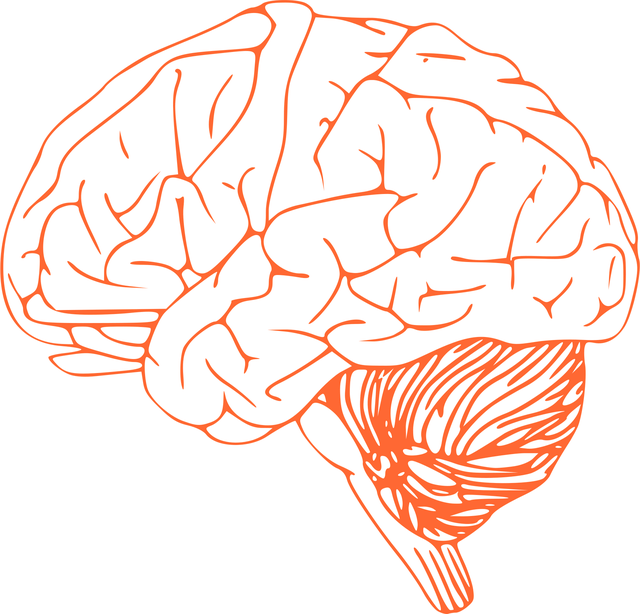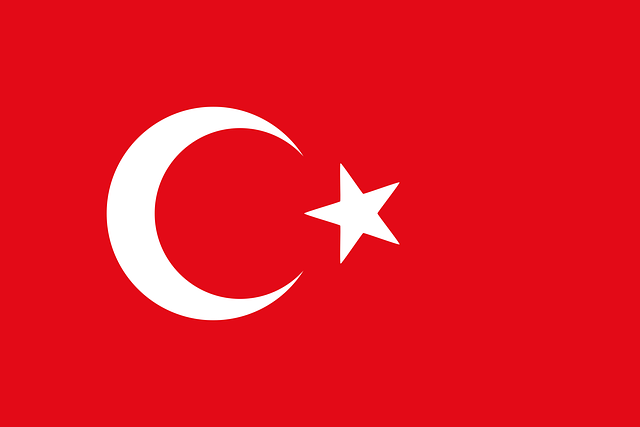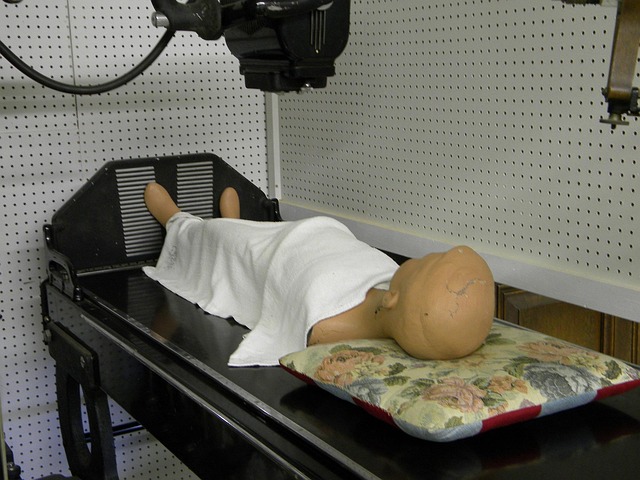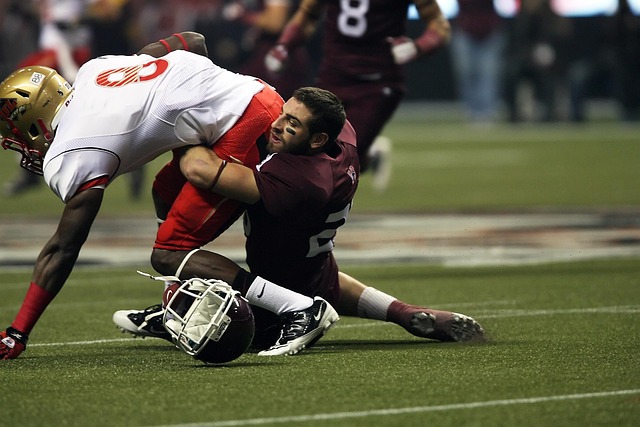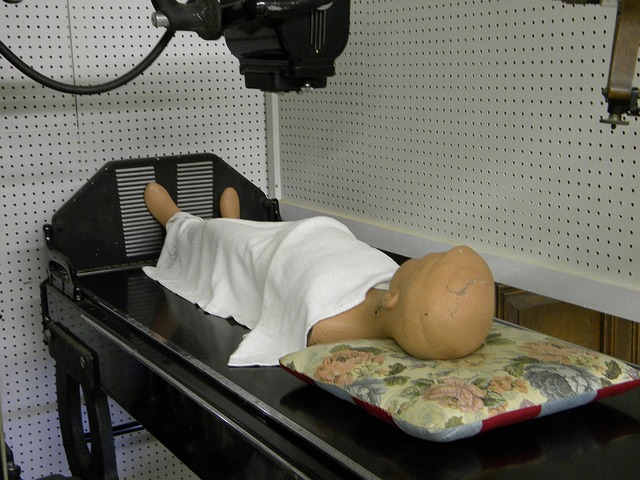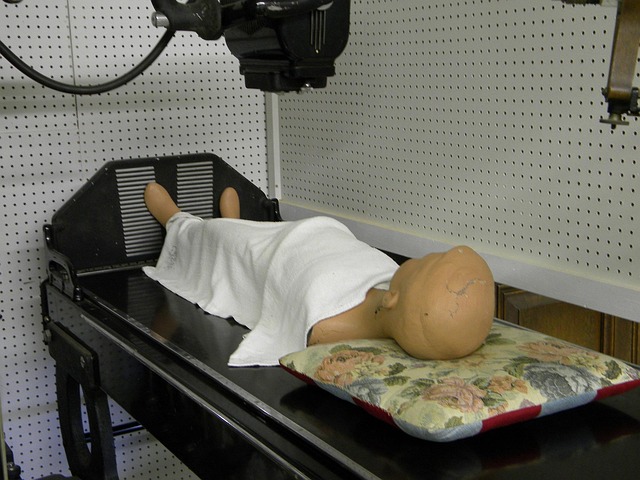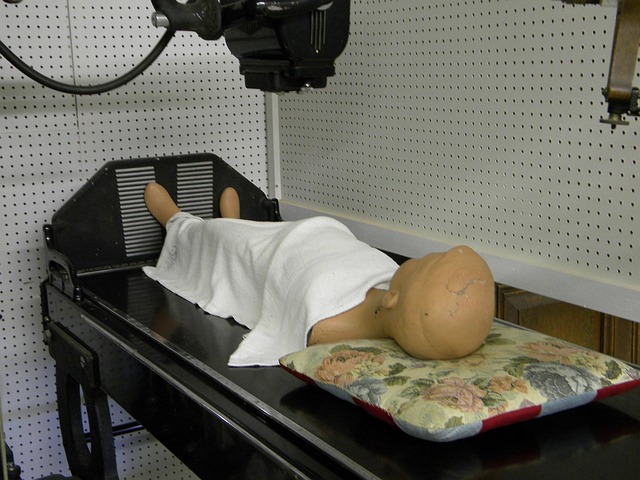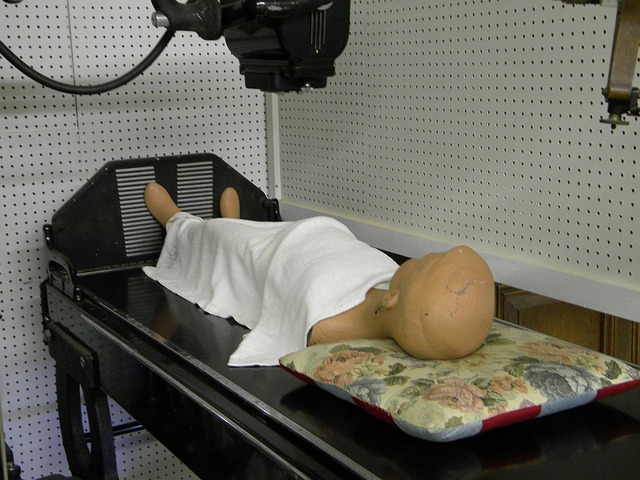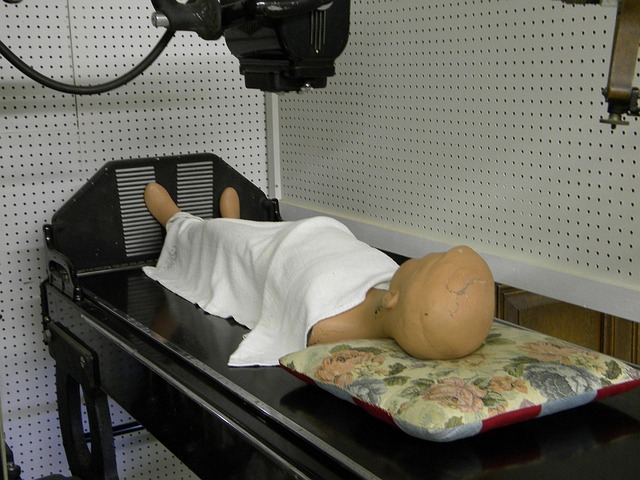Chiropractic treatment for concussion injury offers a non-invasive approach to managing post-traumatic headaches by addressing spinal misalignments and nerve sensitivity. Combining manual adjustments with exercise protocols, chiropractors aim to reduce headache frequency and intensity while promoting overall recovery from traumatic brain injuries. Research supports this holistic method, especially when paired with other therapeutic interventions. Personalized treatment plans tailored to individual patient needs are key to effective pain management post-TBI.
Headaches are a common and often debilitating symptom following traumatic brain injuries (TBI), including concussions. This article explores effective strategies for managing post-traumatic headaches, with a focus on the role of chiropractic care in TBI recovery. We delve into understanding the mechanisms behind these headaches and provide insights into evidence-based management techniques, including chiropractic treatment as a promising approach for alleviating pain and improving quality of life after concussion injury.
- Understanding Post-Traumatic Headaches After Concussion
- The Role of Chiropractic Care in Recovery
- Effective Management Strategies for Pain Relief
Understanding Post-Traumatic Headaches After Concussion
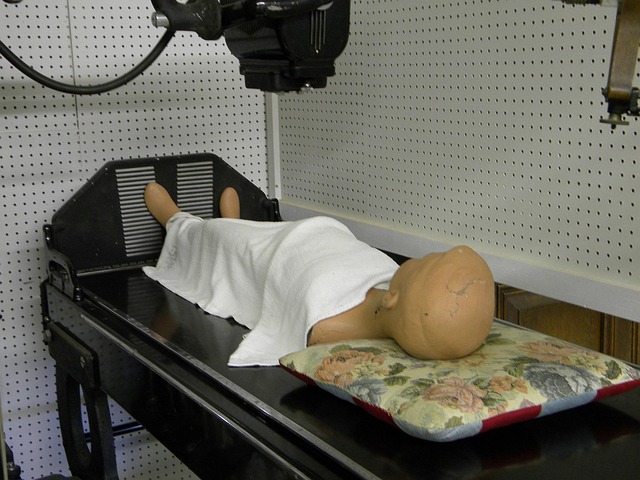
Post-traumatic headaches after a concussion are a common and often challenging symptom to manage. These headaches can persist for weeks or even months following the initial traumatic event, affecting daily activities and quality of life. Understanding the complex interplay between brain function, inflammation, and nerve sensitivity is key to effective treatment. Chiropractic care has emerged as a promising approach for managing post-traumatic headaches after concussion injuries.
Chiropractors utilise a variety of non-invasive techniques, including spinal manipulation therapy and specific exercise protocols, to address the underlying causes of these headaches. By focusing on improving spinal alignment and reducing nerve irritation, chiropractors aim to alleviate pain and restore normal brain function. Research suggests that chiropractic treatment for concussion injury can significantly reduce headache frequency and intensity, offering a gentle and effective alternative to pharmaceutical interventions.
The Role of Chiropractic Care in Recovery
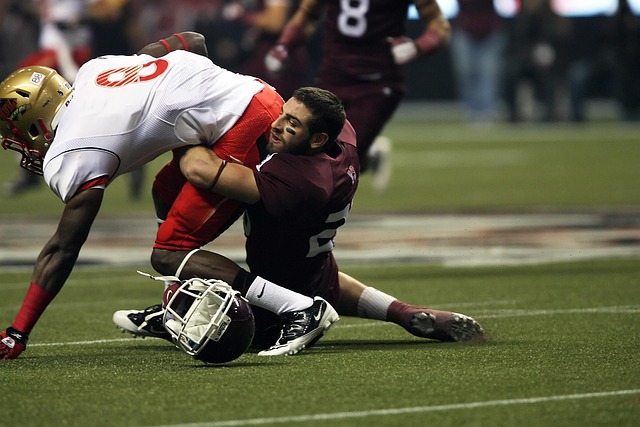
Chiropractic care plays a significant role in the recovery process for individuals who have suffered traumatic brain injuries, including concussions. Chiropractic treatment for concussion injury focuses on addressing structural issues within the spine and nervous system that may have resulted from the trauma. Chiropractors use gentle adjustments to realign the spine and improve nerve communication, which can help alleviate headaches and other common symptoms associated with TBI.
By promoting optimal spinal health, chiropractic care supports the body’s natural healing mechanisms. This holistic approach not only targets headache relief but also contributes to improved cognitive function, better sleep, and enhanced overall recovery. Research suggests that combining chiropractic treatment with other therapeutic interventions can lead to more positive outcomes for individuals recovering from traumatic brain injuries.
Effective Management Strategies for Pain Relief
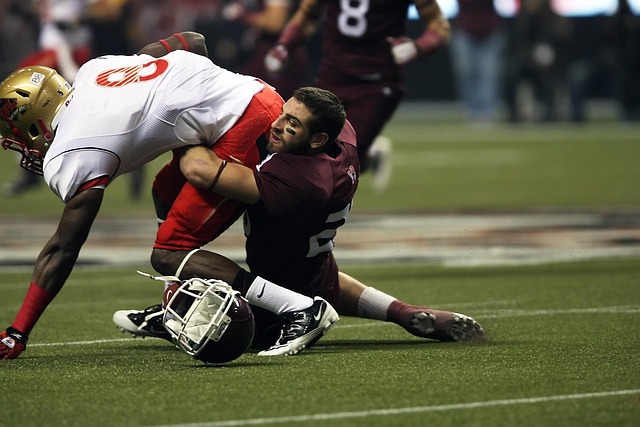
Effective management strategies for pain relief after a traumatic brain injury (TBI) include various approaches tailored to individual needs. Chiropractic treatment, particularly focused on concussion injuries, has emerged as a valuable option. Chiropractors employ manual adjustments and specialized techniques to alleviate headache symptoms associated with TBI. By addressing the underlying spinal misalignments and sensory disruptions, this holistic approach aims to restore balance in the nervous system, offering potential relief for chronic headaches often experienced after brain injury.
Additionally, combining chiropractic care with other evidence-based methods such as physical therapy, cognitive behavioral therapy, and medication can enhance overall pain management. Customized treatment plans that consider the patient’s unique presentation and preferences are key to effective headache control post-TBI.
Headache management after traumatic brain injury (TBI) is a critical aspect of patient recovery. This article has explored the specific challenge of post-traumatic headaches, highlighting the importance of seeking appropriate care. Chiropractic treatment for concussion injury, specifically, has shown promise in alleviating symptoms, offering a non-pharmacological approach that can be an effective part of a comprehensive pain management strategy. By combining chiropractic care with other proven methods discussed here, individuals experiencing headaches after TBI can navigate their recovery journey with improved comfort and quality of life.

